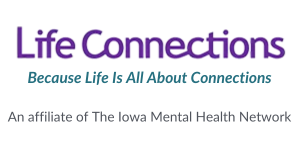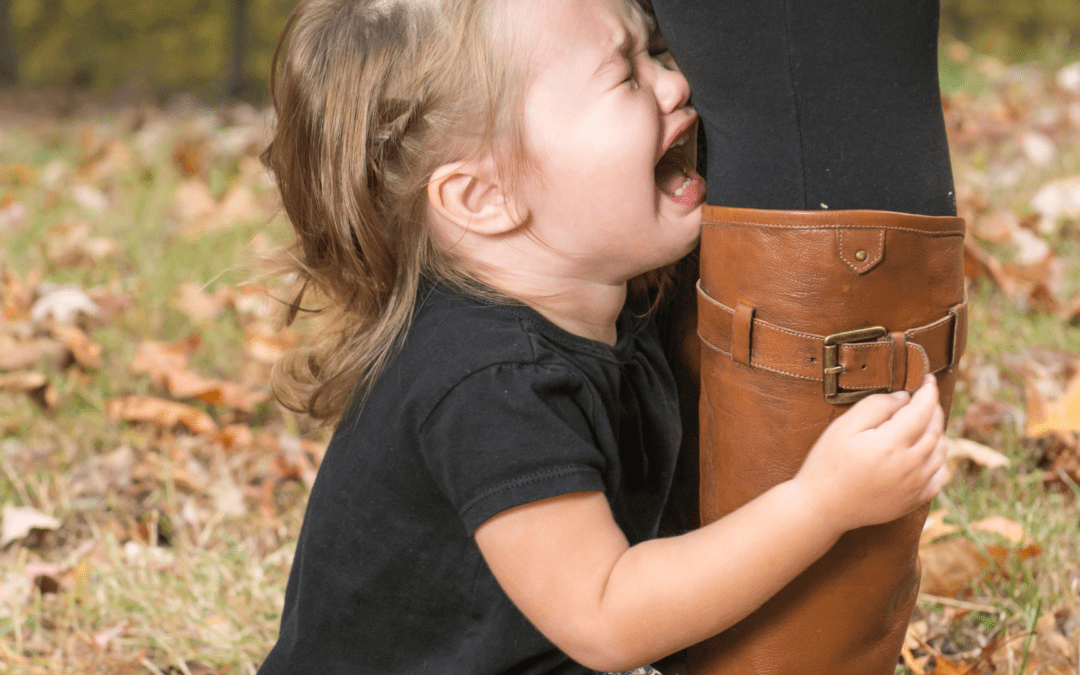Reactive Behavior is the immediate response to feelings about a situation that a child cannot control; a problem, other issue or feelings that they do not understand.
Why reactive behavior occurs:
- Lack of control over a situation
- Lack of understanding of feelings
- Lack of coping skills to work through issues/feelings
- Having an increased stress level or negative feelings/confusion
- Being in fight or flight mode
- Not feeling heard
What reactive behavior looks like:
- Crying
- Screaming/Verbal outbursts
- Hitting, Fighting/Physical outbursts
- Shutting down
- Curling into a ball or “getting small”
How to respond to reactive behavior:
- Learn how to respond rather that react – be aware of possible triggers
- Look objectively at the situations taking place that might have caused impact
- Ask the child what they need – give them some control
- Understand there might have been an outside issue that impacted the reaction
- “Get Small”/make sure you are on the child’s level
- Utilize a calm or comforting tone
- Do not accuse or provide consequence; utilize redirection.
- Redirect the child to a place that is helpful to reduce current behavior rather than removing the child in a form of discipline.
How to help a child through reactive behaviors:
Children of all ages are dealing with a lot of stress, change and sometimes trauma. Sometimes the feelings they are experiencing are ones they do not understand; they do not understand why the feelings are occurring, what they mean or how to express them. Their expression comes out in negative reactive behavior and the manner in which the trusted adults act or react to those could dramatically impact the duration and intensity of those behaviors. Helping the child to learn and gain positive coping skills, means to express themselves effectively and learning what a particular feeling is as well as how it affects them is imperative.
If a child is removed from the situation with an intense directive or disciplinary manner they might feel shame and increased behaviors. Learning how to help a child learn to understand what is taking place, even if they do not understand why, is helpful for them to utilize this in future situations. Teaching them different ways to ask for help or express their distress is important.
Here are some ways to help them express themselves when they might not know what is going on:
- Create communication cards (need a break, feeling bad, need to go see a certain person). Utilize a card chart or cards so they know when they are Happy, Confused, Sad or other feelings that they can point at or use to express themselves.
- Allow them to get up and remove themselves from the situation they are in. (Set choices that are agreed on)
- Check in regularly with them and express your willingness to listen.
- Show support and kindness. Children tend to thrive better in situations where they do not feel they are going to have consequences or negative reactions occur because of their feelings/frustrations.
- Get down to their level; sit in a chair, kneel to them, sit on the floor.
Creation of a positive environment will create positive relationships and rapport and this allows children to thrive, learn and be successful.
Written by: Renee Snyder
Director of Behavioral Health Intervention Services
Because Life is All About Connections
Life Connections provides in-home Behavioral Health Intervention services, Therapy services, autism (ABA) services and Children’s Mental Health waiver services in our 13 office locations and approved schools across Iowa. Life Connections was founded in March of 2009 with the intent to serve the children and families of Cedar Rapids and surrounding cities.
Life Connections is a highly professional and caring counseling and behavioral health provider. We offer a wide array of services to treat mental health issues including Applied Behavior Analysis Services, Behavioral Health Intervention Services, mental health therapy, school-based therapy programs, and substance use treatment.
For more information, please call 319-409-6922.
Resources:
- National Suicide Prevention Hotline 800-273-8255
- Crisis Text line text to 741741
- The Trevor Project – for LGBTQ+ young adult community 866-488-7386
- Rape, Abuse, and Incest National Network 800-656-4673
Start Your Services
Start Mental & Behavioral Health Services with Life Connections | Because life is all about connections.

